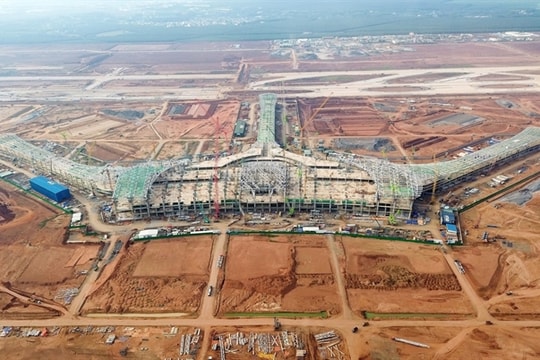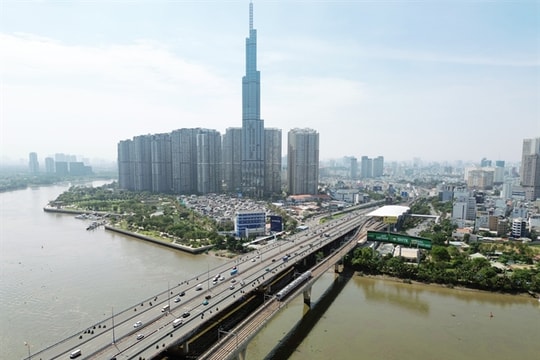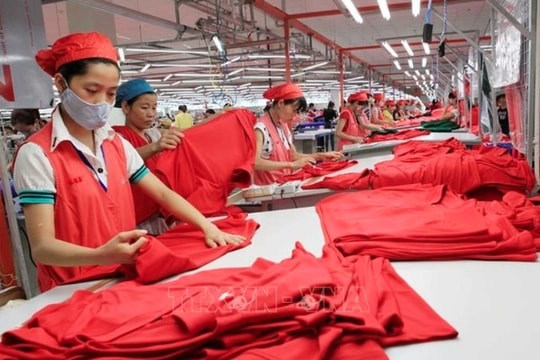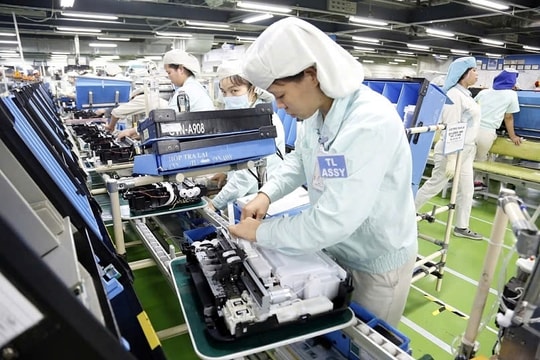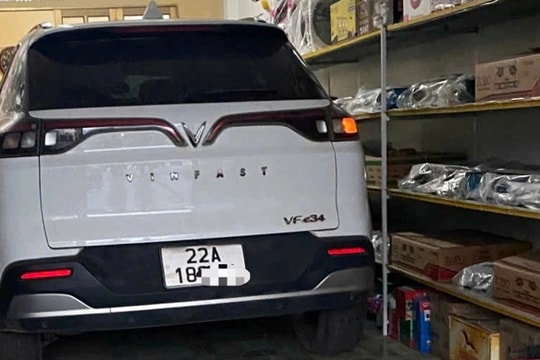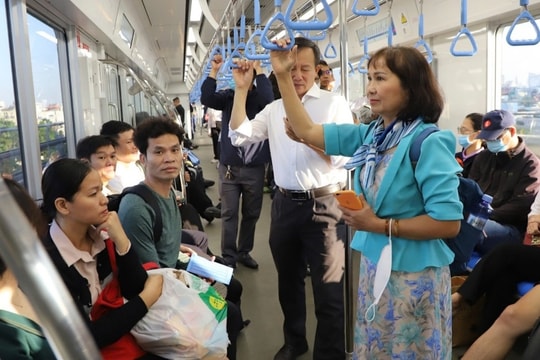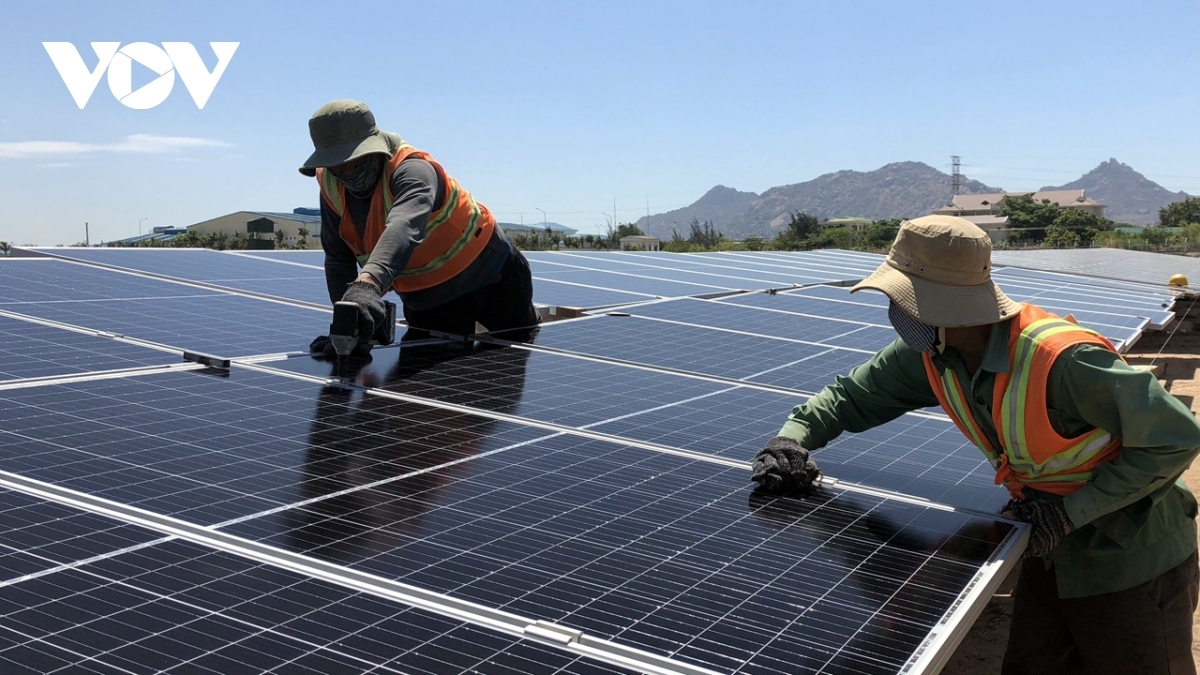
Chairing a meeting in Hanoi on September 23, the PM emphasized that the decree should encourage the development of self-production and self-consumption rooftop solar power to leverage Vietnam’s unique potential, tremendous opportunities, and competitive advantages in solar energy.
Accordingly, organizations and individuals who invest in rooftop solar projects but do not fully utilize their capacity will be allowed to sell up to 20% of the installed capacity to the national grid at a price equal to the average price of the previous year.
Additionally, the decree expands regulations to permit trading and selling of self-consumption rooftop solar power within industrial zones, export processing zones, economic zones, and high-tech parks.
The Prime Minister also requested that relevant agencies monitor and propose adjustments to related planning to competent authorities when necessary.
Previously, the Ministry of Industry and Trade held that rooftop solar systems may be connected to the national grid or operate independently without selling electricity to other organizations or individuals.
If the system is connected to the grid and the excess electricity is fed into the system, the state would acknowledge the generated output but would not provide payment. In other words, residents can sell excess electricity at VND0.
The ministry explained that solar energy is primarily unstable, which is entirely dependent on weather conditions. Such variability can cause disturbances in the grid due to non-standard frequency.
Another factor is that Vietnam’s power infrastructure is still limited compared to developed countries like the US, Australia, and EU member states. Currently, Vietnam’s renewable energy, including hydropower, makes up 54% of the total output, and if rooftop solar power is encouraged, it could compromise safety and increase system costs.
However, the controversial policy could lead to a significant waste of the potential for rooftop solar power development, especially given the fact that Vietnam faces energy shortages and purchases electricity from abroad.
Experts said rooftop solar power has great potential in Vietnam but there is no mechanism for its development. Currently, the country has more than 103,000 rooftop solar power projects with a total capacity of over 9,500 MW, half of which comes from industrial parks.



